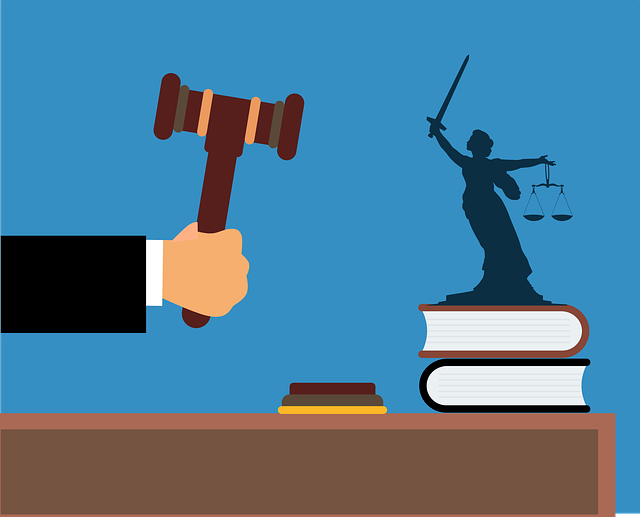Uncovering environmental crimes demands a delicate legal balance. Defamation of character is a potential defense but requires expert strategic advice. With robust guidance, communities can achieve justice, balancing environmental facts with individual rights to promote fair outcomes, avoiding defamation accusations through meticulous preparation and specialized legal skills.
“Environmental Crime Trials: Unveiling Ecosystem Offenders Through Justice’s Lens
This comprehensive guide explores the intricate world of environmental crime prosecutions. We delve into the legal journey of uncovering these crimes, focusing on key aspects such as defamation in eco-justice cases and strategic trial navigation for effective defense.
For those seeking definitive answers on navigating these complex scenarios, this article offers invaluable insights, including practical legal advice on managing defamation of character allegations while ensuring a fair and just outcome.”
- Uncovering Environmental Crime: A Legal Journey
- Defamation in Eco-Justice: When Accusations Fly
- Navigating Trials: Strategies for Effective Defense
Uncovering Environmental Crime: A Legal Journey
Uncovering environmental crimes involves a meticulous legal journey, where each step is crucial in ensuring justice. It’s not merely about presenting facts; it’s a complex dance between exposing wrongdoings and navigating intricate legal frameworks. Environmental crime trials demand a deep understanding of regulations, scientific evidence, and the unique challenges posed by these cases.
Defamation of character often emerges as a strategic move in these trials, where individuals or organizations accused of environmental misconduct may attempt to disparage prosecutors or witnesses. However, with robust legal advice, the philanthropic and political communities can foster achieving extraordinary results—from securing convictions to securing complete dismissal of all charges, depending on the merit of the case and the strength of evidence.
Defamation in Eco-Justice: When Accusations Fly
In environmental justice cases, the line between fact and fiction can blur, often leading to accusations of defamation. When corporate or individual clients face eco-justice trials, they must navigate a complex landscape where reputations hang in the balance. Defamation of character legal advice becomes paramount as these high-stakes battles play out in court.
Understanding the nuances of defamation is crucial throughout all stages of the investigative and enforcement process. Winning challenging defense verdicts requires a strategic approach that balances the pursuit of environmental justice with the protection of individual rights and corporate integrity. This delicate equilibrium ensures that accusations are not only fair but also grounded in evidence, promoting a just outcome for all parties involved.
Navigating Trials: Strategies for Effective Defense
Navigating trials in environmental crime cases requires a strategic approach, especially when facing complex accusations. One key strategy for an effective defense is to challenge the prosecution’s narrative by presenting evidence that refutes their claims. This involves meticulous preparation and a deep understanding of both the legal framework and the specific environmental regulations at play. Lawyers must carefully examine the facts, identify any weaknesses in the case, and use this knowledge to construct a compelling defense strategy.
Defamation of character is a significant concern for both corporate and individual clients facing environmental charges. Providing robust legal advice, including guidance on cross-examination techniques and expert witness selection, can help mitigate such risks. The unique nature of these cases demands an unprecedented track record of success from general criminal defense attorneys, who must be adept at handling intricate scientific and technical matters while ensuring a fair trial for their clients.
Environmental crime trials are not just legal battles; they are a crucial component of safeguarding our planet. By examining cases like these, we uncover important lessons in environmental justice and learn effective strategies for defense. Whether facing accusations of defamation or navigating complex trial procedures, access to definitive legal advice is paramount. Understanding the nuances of these trials empowers individuals and organizations to protect their reputations and contribute to a more sustainable future. Through ongoing research and shared knowledge, we can ensure that environmental law remains a powerful tool for holding perpetrators accountable.






